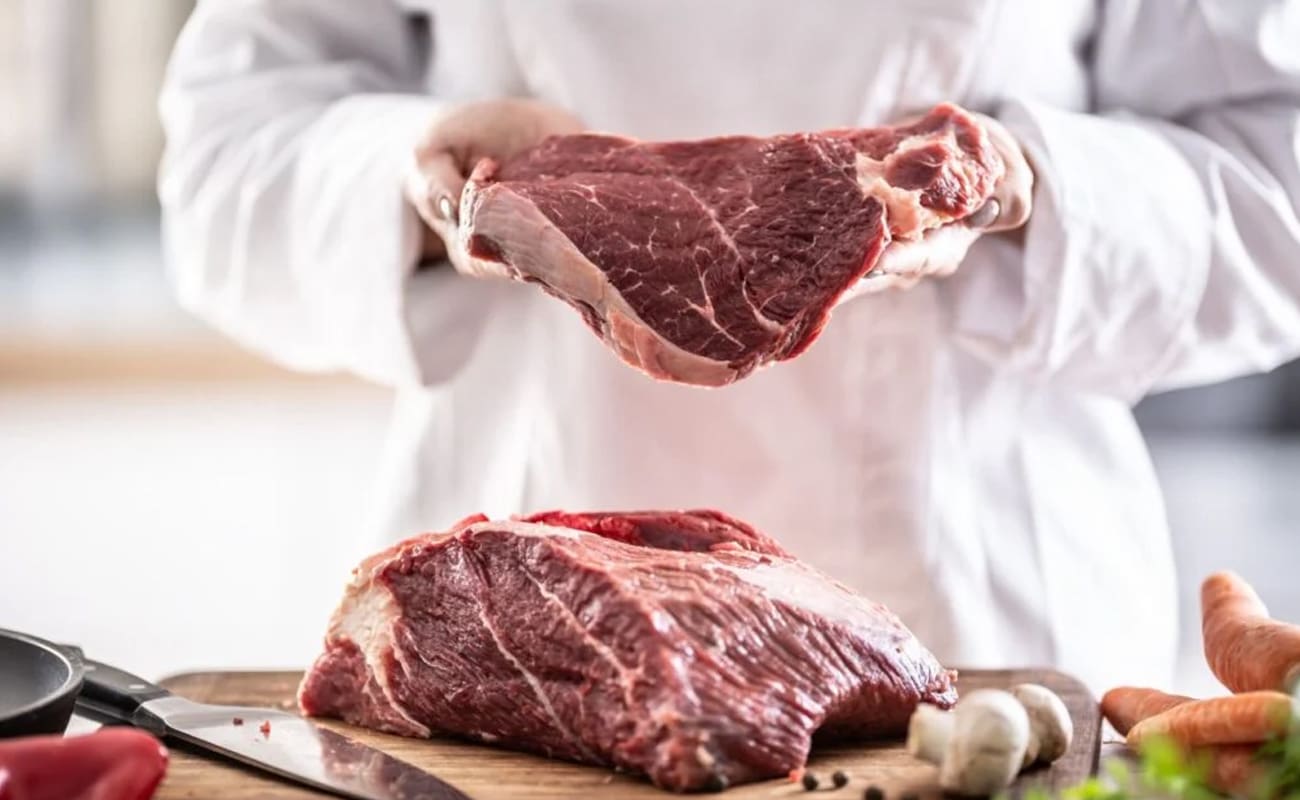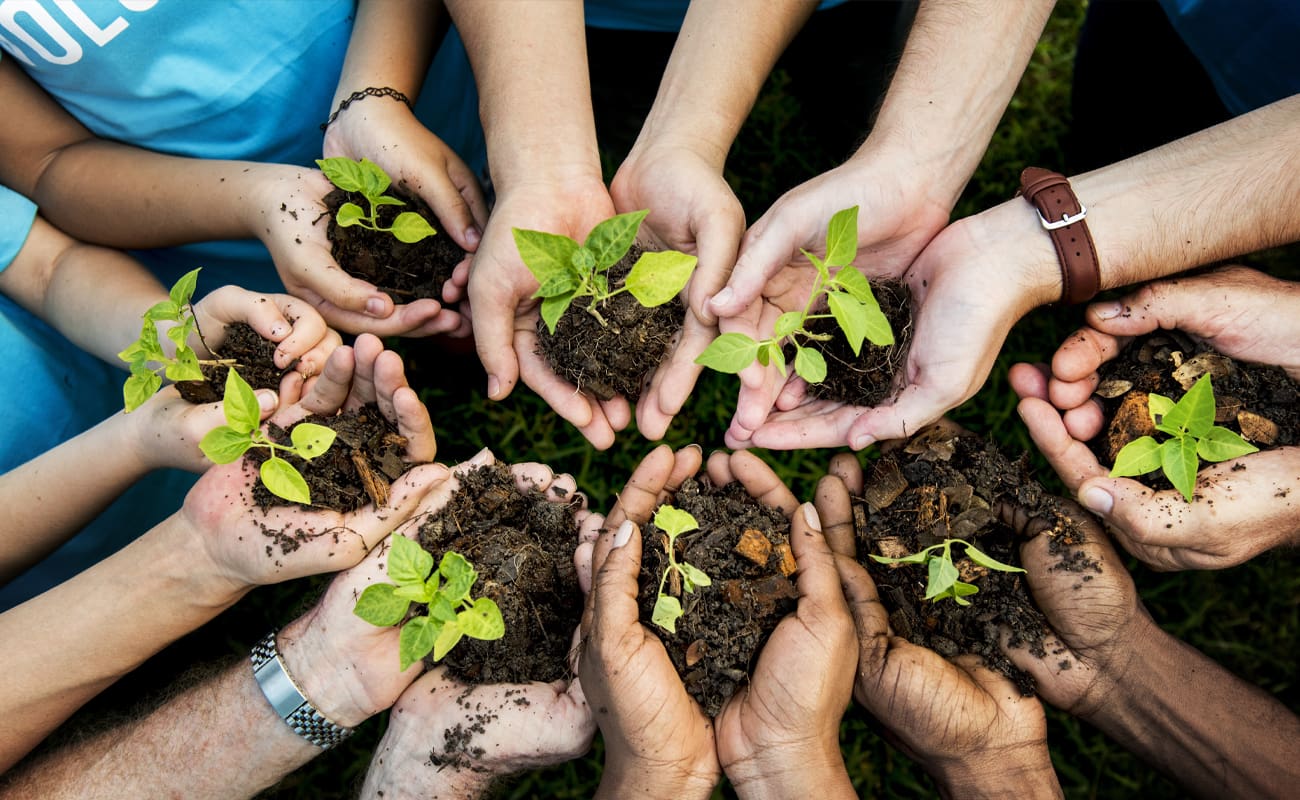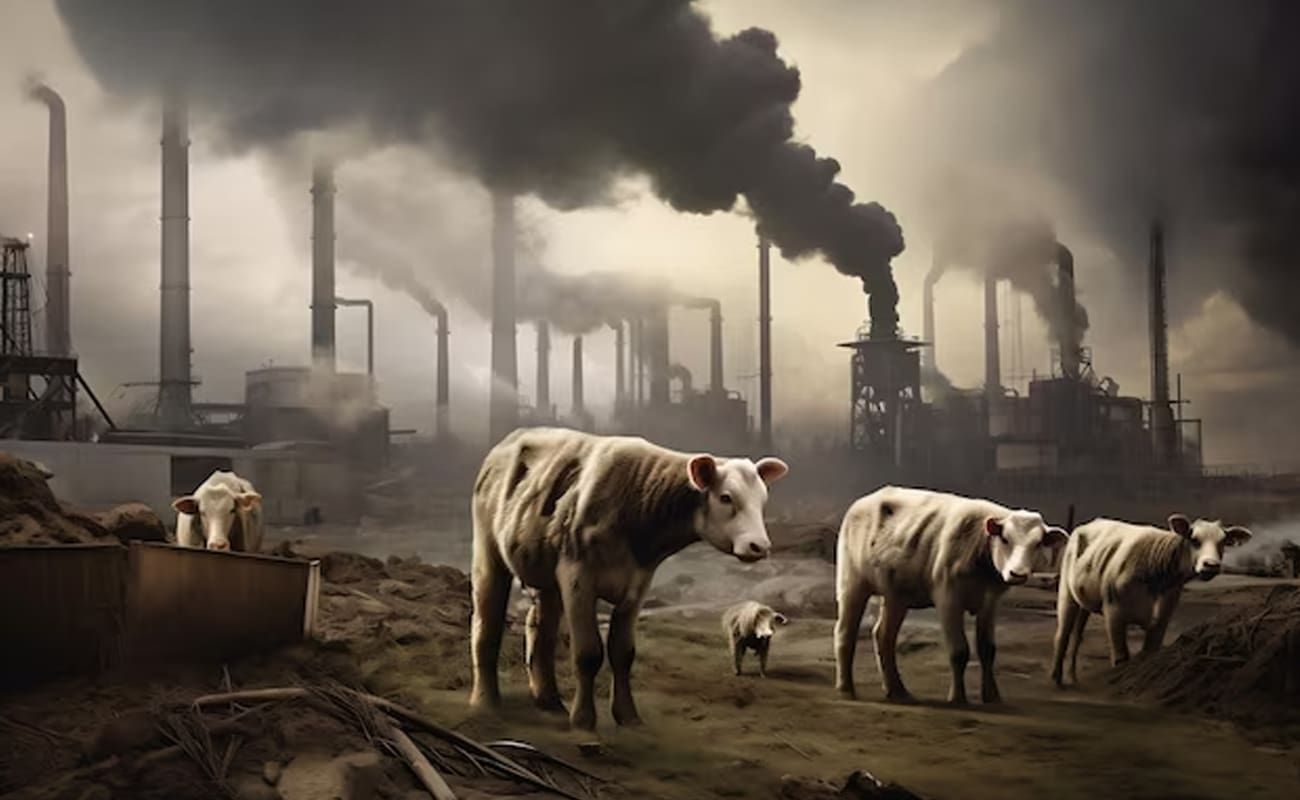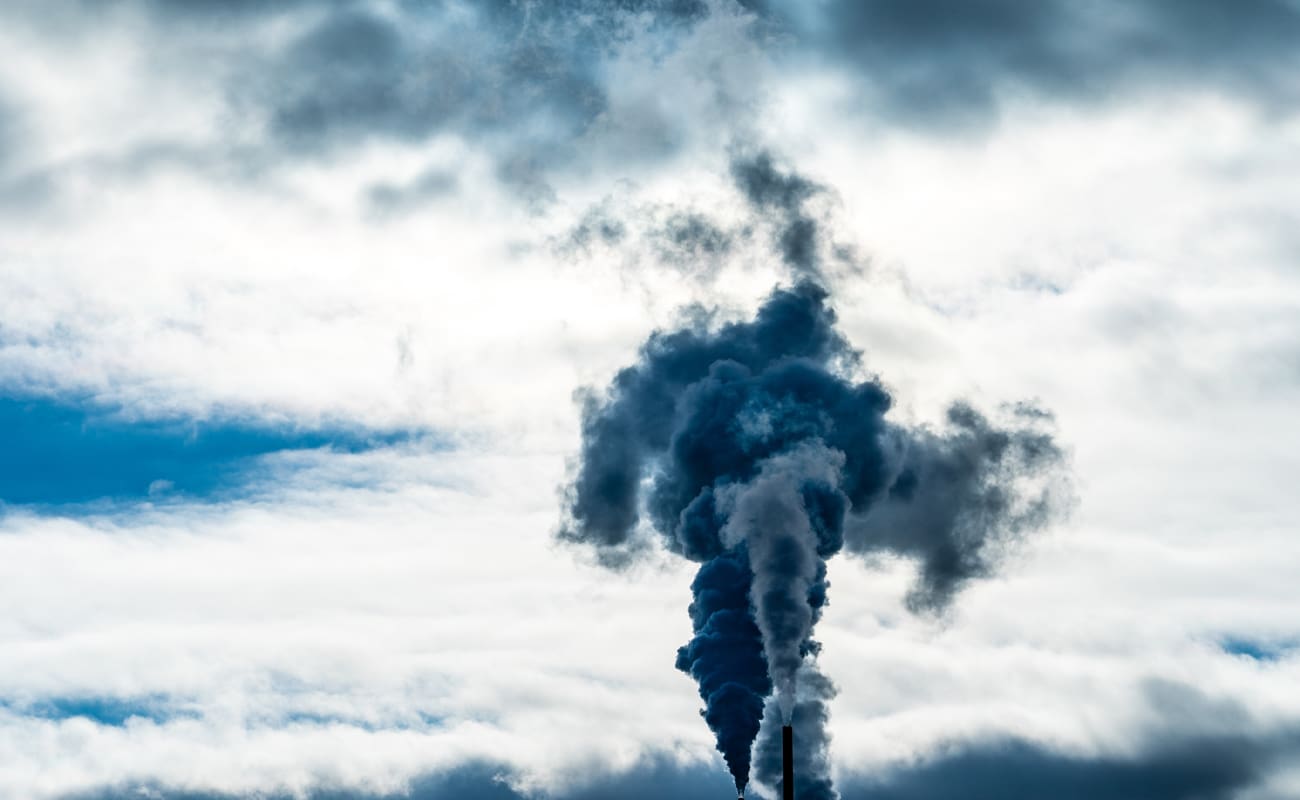Take Action is where awareness turns into empowerment. This category serves as a practical roadmap for individuals who want to align their values with their actions and become active participants in building a kinder, more sustainable world. From everyday lifestyle changes to large-scale advocacy efforts, it explores diverse pathways toward ethical living and systemic transformation.
Covering a wide range of topics—from sustainable eating and conscious consumerism to legal reform, public education, and grassroots mobilization—this category provides the tools and insights necessary for meaningful participation in the vegan movement. Whether you’re exploring plant-based diets, learning how to navigate myths and misconceptions, or seeking guidance on political engagement and policy reform, each subsection offers actionable knowledge tailored to various stages of transition and involvement.
More than a call to personal change, Take Action highlights the power of community organizing, civic advocacy, and collective voice in shaping a more compassionate and equitable world. It underscores that change is not only possible—it is already happening. Whether you’re a newcomer seeking simple steps or an experienced advocate pushing for reform, Take Action provides the resources, stories, and tools to inspire meaningful impact—proving that every choice counts and that together, we can create a more just and compassionate world.
A plant-based diet is not just a trend or a fashionable choice, it is essential for human survival. With the growing awareness of the detrimental effects of animal agriculture on the environment, as well as the alarming rates of chronic diseases, it has become evident that a shift towards a plant-based diet is necessary. In this post, we will explore the numerous benefits of a plant-based diet, the optimal sources of plant-based protein, the role of plant-based foods in disease prevention, the environmental impact of plant-based diets, and provide guidance on transitioning to a plant-based lifestyle. So, let's delve into the world of plant-based nutrition and discover why it is crucial for our survival. The Benefits of a Plant-Based Diet A plant-based diet can provide essential nutrients and vitamins needed for overall health. By consuming a variety of plant-based foods, individuals can ensure they are getting a wide range of …


























































